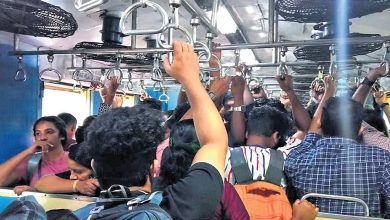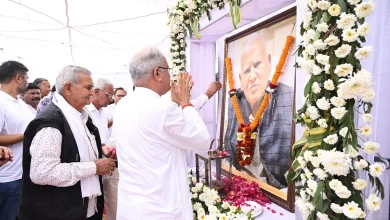Ex-cop punished by govt for bigamy gets relief from Odisha HC
CUTTACK: The Orissa High Court has held that there is a marked distinction between the birth of children and the marriage.“For the birth of a child, the performance of marriage cannot be inferred. Marriage falls within a distinct category for which the facts of performance are to be essentially proved,” the high court ruled in a recent judgment while exonerating former additional superintendent of police Nilamani Tripathy of charges of bigamy.
While initiating disciplinary proceedings with charges of bigamy, Tripathy’s suspension continued from June 20, 2003, into the superannuation of his service on January 31, 2007. The disciplinary authority had imposed a major penalty of withholding Tripathy’s pension and gratuity in full and in perpetuity on May 5, 2012. The State Administrative Tribunal (SAT) declined to grant the benefit of relief to him against the penalty on April 4, 2014.
Tripathy had challenged the SAT judgment in the high court. Arguing on Tripathy’s behalf, advocate Kamal Behari Panda submitted that this is a case where the disciplinary authority has passed the order of penalty without any evidence. The SAT has failed to appreciate that aspect of the matter. The two women whose names have been associated to prove the bigamous life of the petitioner were not examined, Panda contended.
Endorsing it, the bench observed, “In this case as pointed by the petitioner’s counsel the two women named as wives of the petitioner have been kept out of the proceeding. It is also an admitted fact that there had been no complaint from any quarters as regards the petitioner’s conduct. Therefore, the imputation of bigamy should have been nixed at the threshold.”
The bench said, “The State Administrative Tribunal has observed that the documents as mentioned by the disciplinary authority sufficiently prove the marriage. But it is an admitted position that there is no document placed in the inquiry proceeding which can be treated as proof of marriage during subsistence of valid marriage.”
While quashing the SAT judgment and disciplinary authority’s penalty order, the bench directed the state government to release the pension and gratuity in full to the petitioner within a period of three months from the date of receipt of the certified copy from the petitioner. The bench also directed to treat the period of suspension as the period spent on duty and consequently release the full pay to the petitioner.





